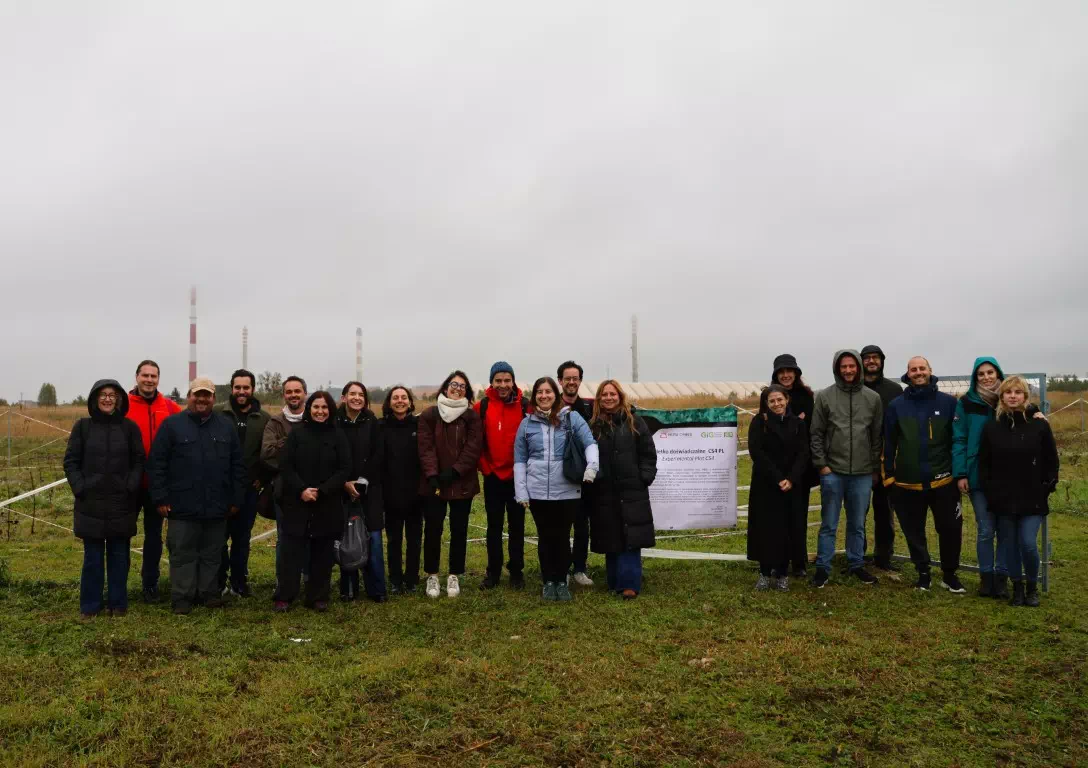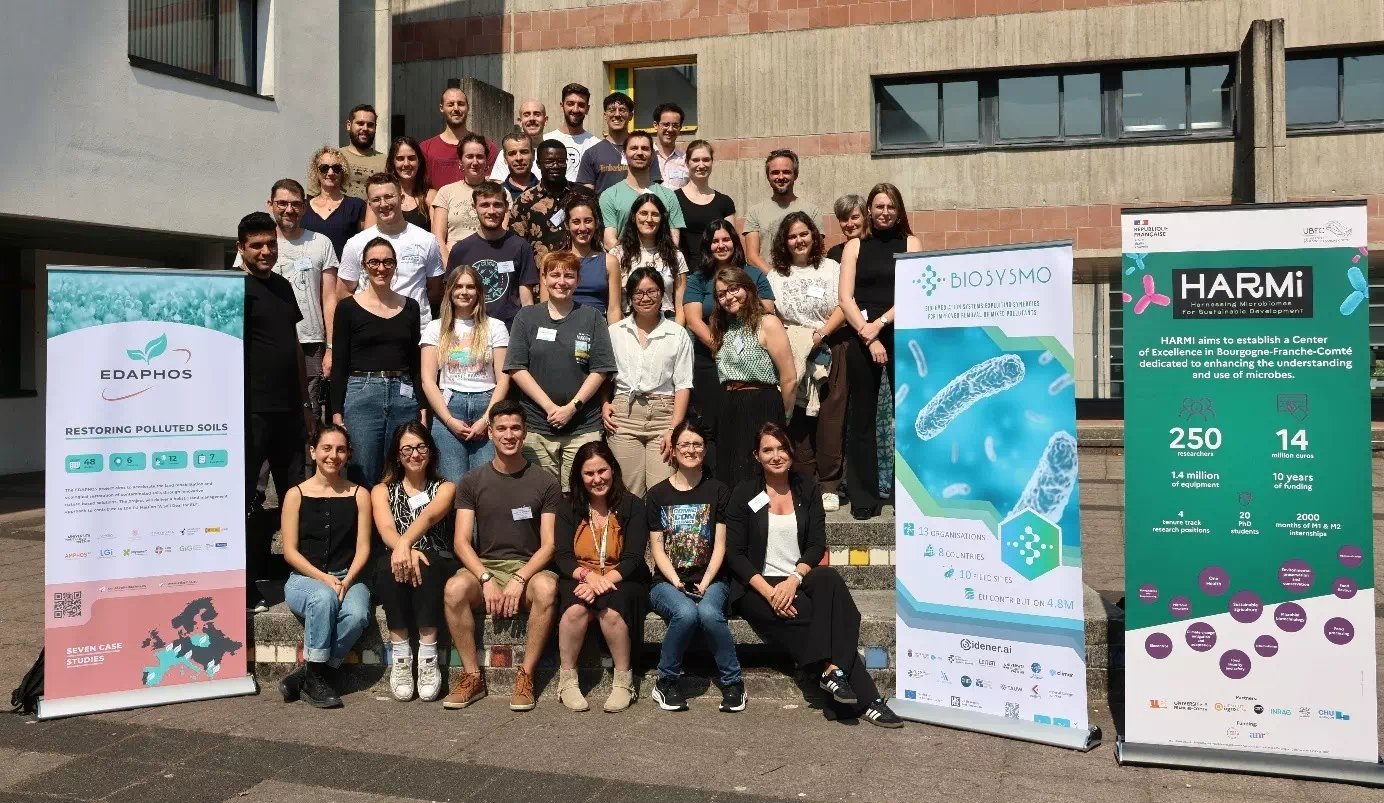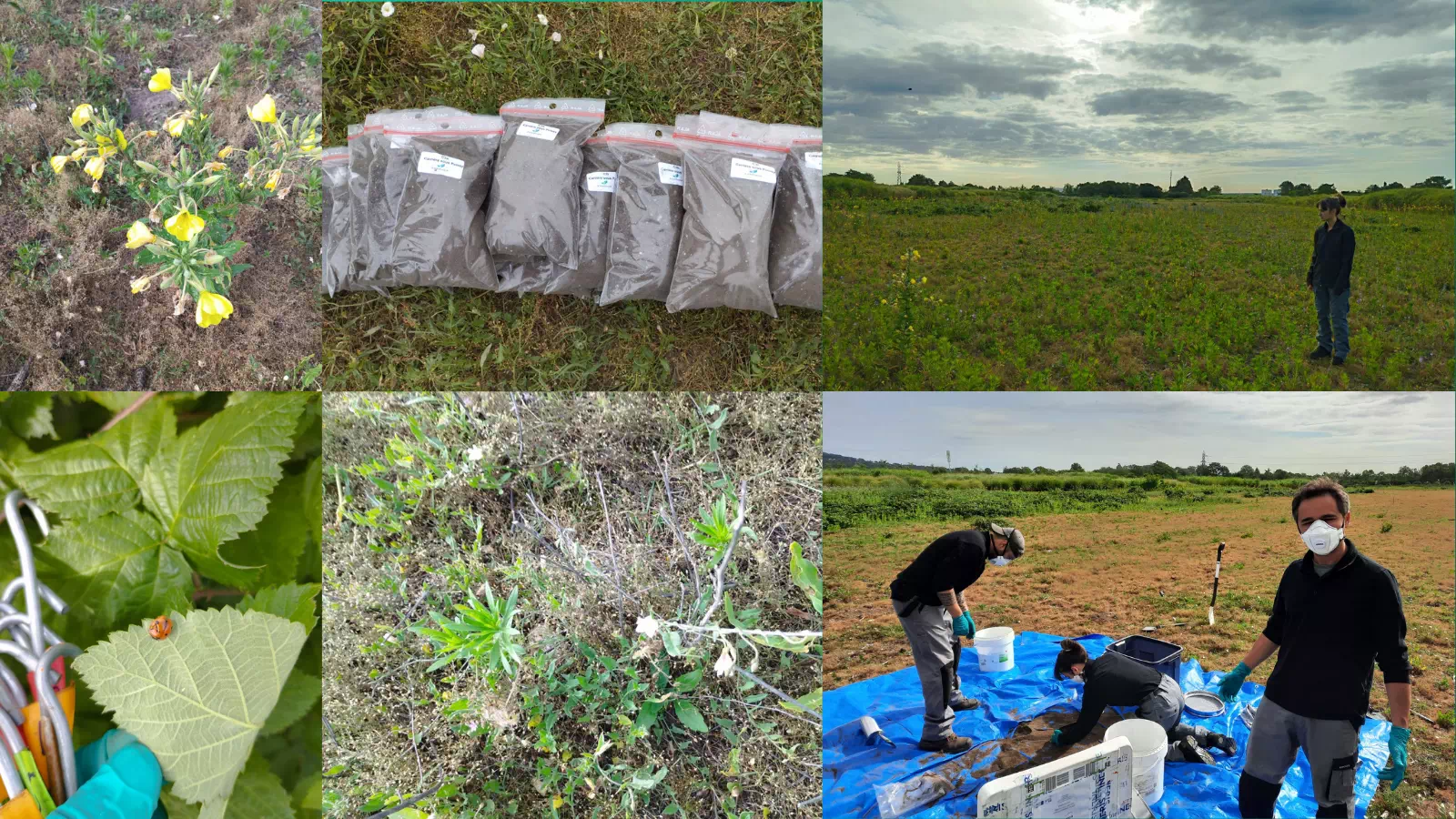The EDAPHOS project celebrated its second year with a successful consortium meeting held in Katowice, Poland, from 7 to 9 October 2025. Organised by our partners at Główny Instytut Górnictwa – Państwowy Instytut Badawczy (GIG), the three-day event brought together all project partners to review progress, exchange ideas, and plan the next phase of our work toward sustainable soil remediation and ecosystem restoration.
The first day of this new consortium meeting was filled with field visits and highlighted both the innovative and historical dimensions of GIG’s work. The consortium first visited the Barbara Experimental Mine, a unique testing ground where large-scale studies on gas and dust explosions are conducted and where new technologies, machines, and equipment for underground work can be tested in near-real conditions. This visit offered participants a close look at the experimental and safety research capabilities that make GIG a key partner in industrial innovation.
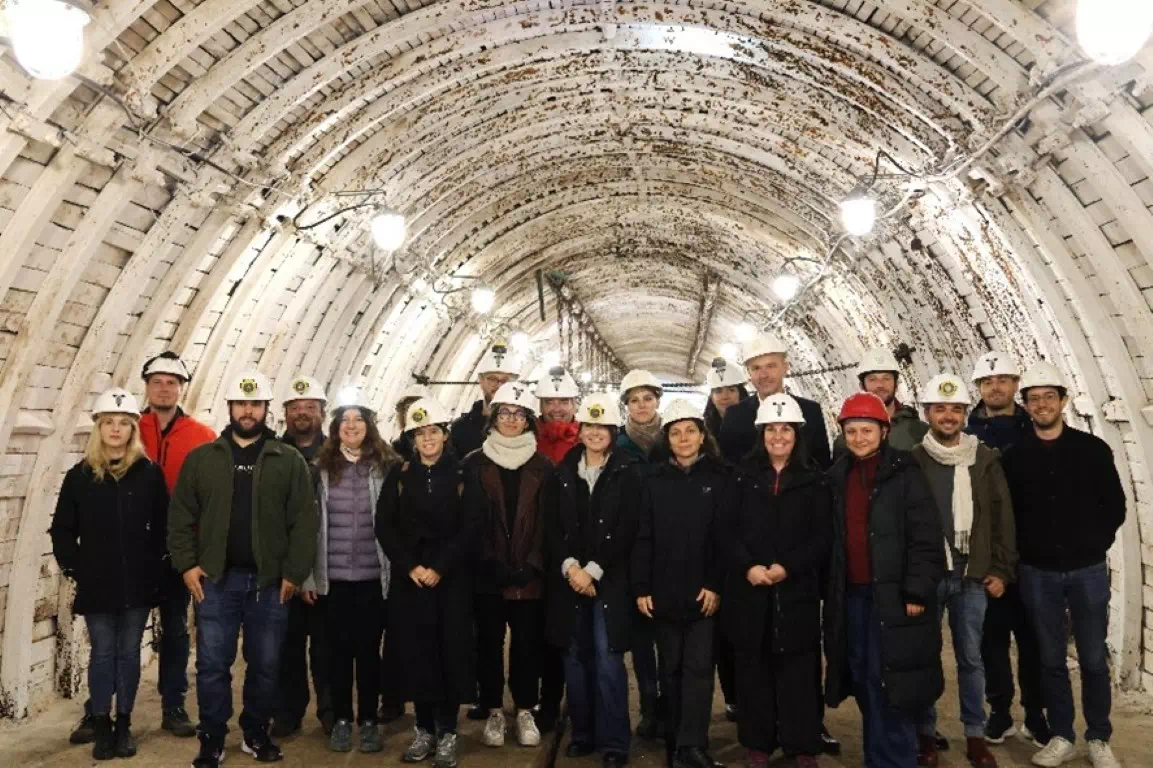
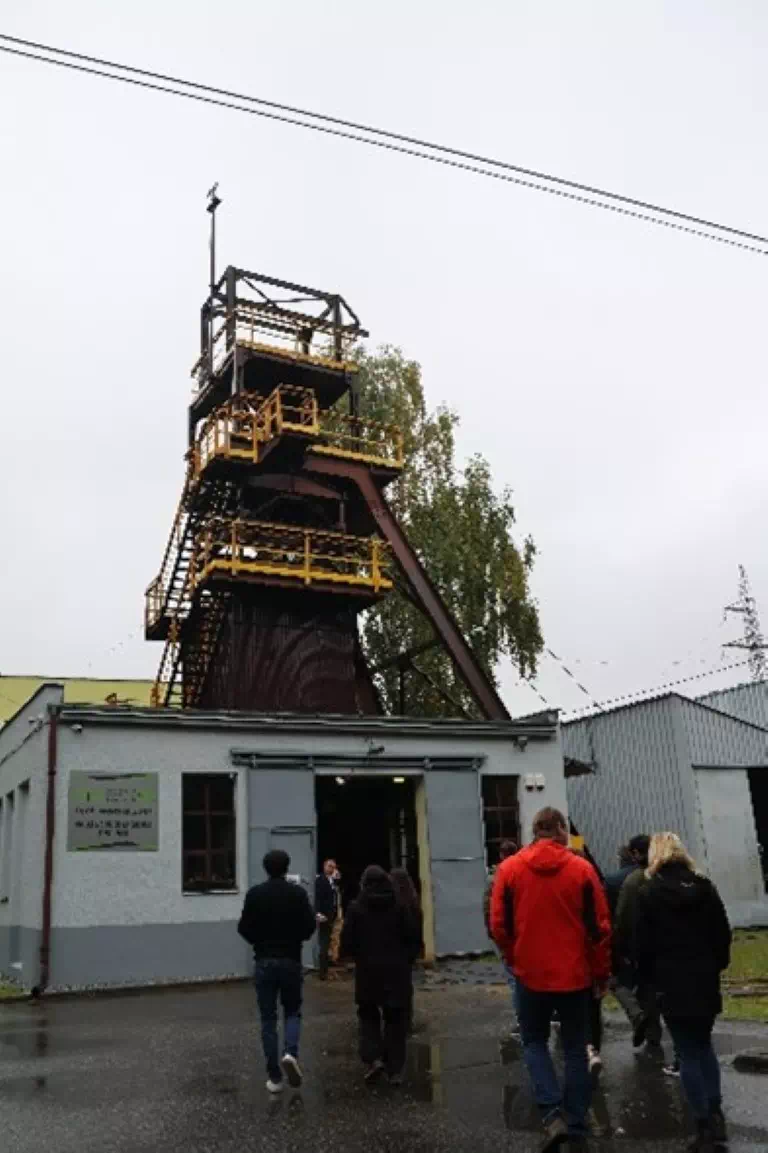
The group then travelled to Miasteczko Śląskie, one of EDAPHOS’s case study sites, to observe ongoing field experiments. Despite challenging conditions, including two major insect outbreaks, the crops continue to show promising growth and resilience, reflecting the project’s progress in testing nature-based solutions for contaminated soils. Partners discussed field observations and shared insights on how results could further improve in the coming year.
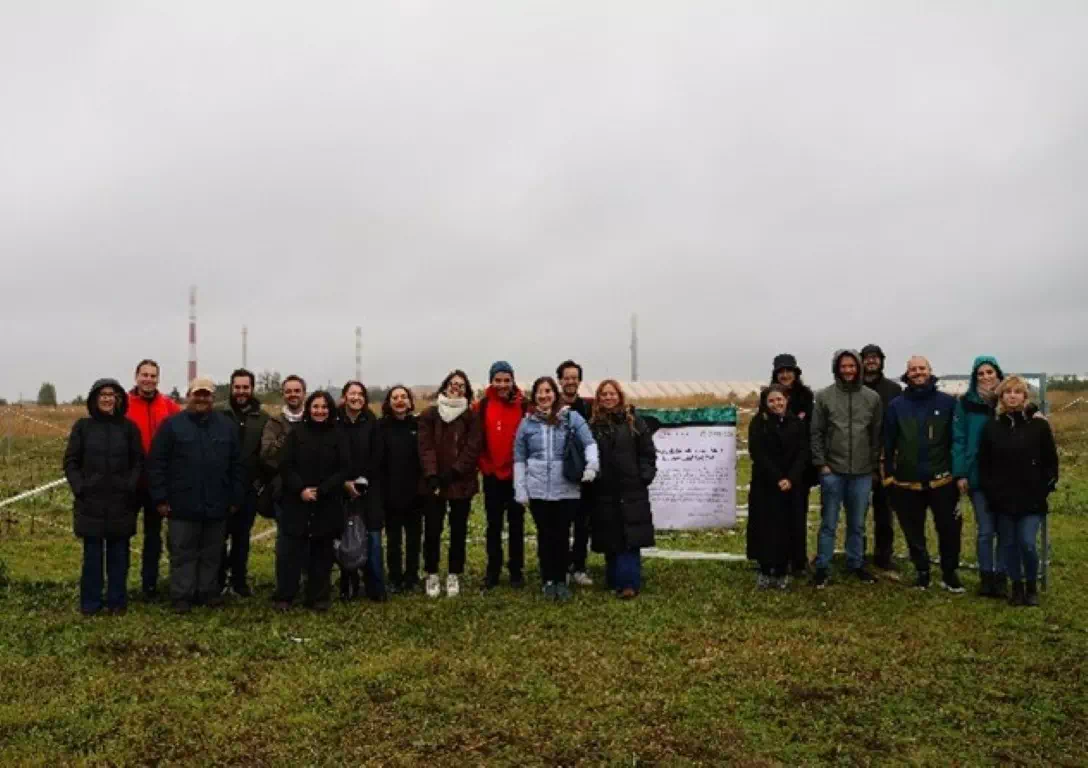
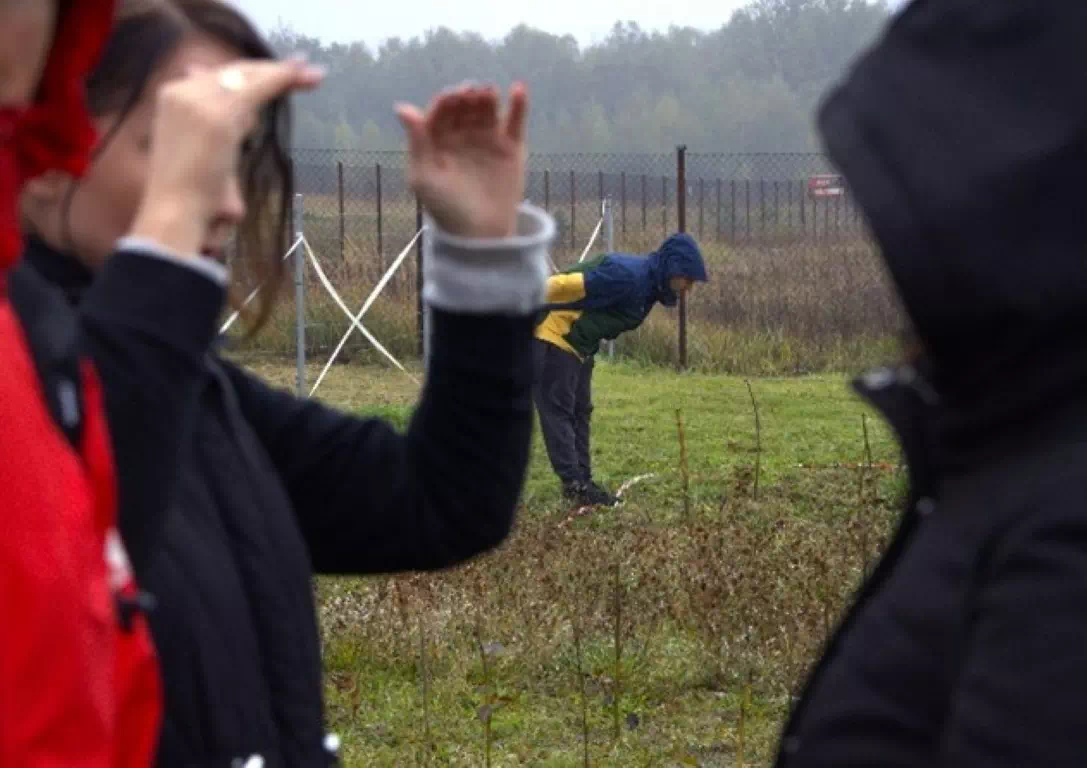
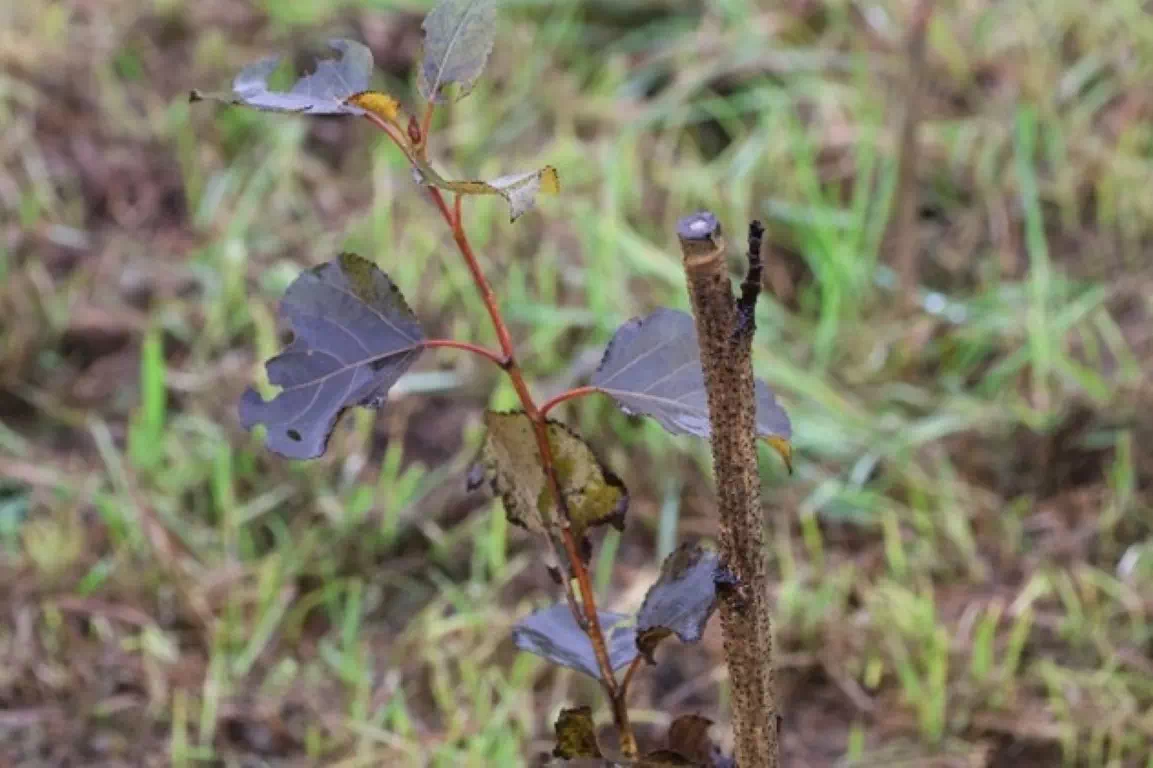
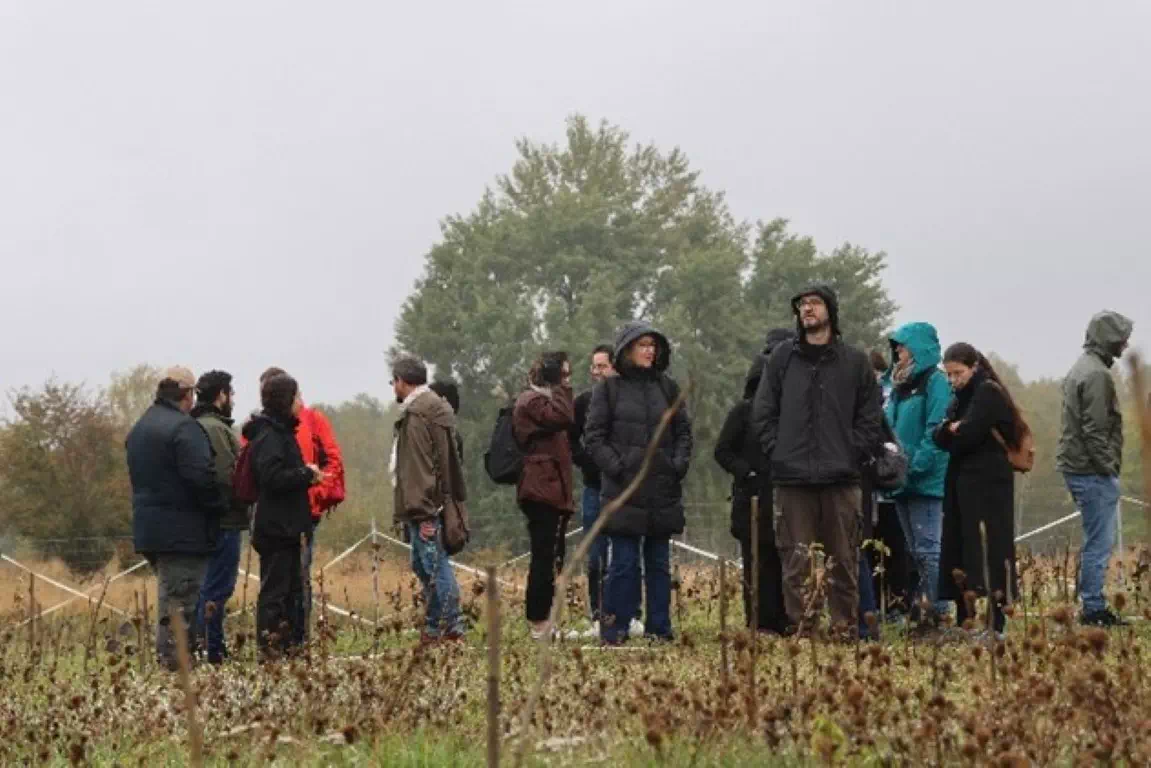
To conclude the first day, participants visited the Queen Luiza Adit in Zabrze, a remarkable example of industrial heritage. Originally built between 1799 and 1863, this underground corridor was used to drain water from coal mines and transport coal by boat along its subterranean river. The visit offered a fascinating glimpse into the region’s mining history, a fitting backdrop for a project working to transform post-industrial landscapes into sustainable ecosystems.
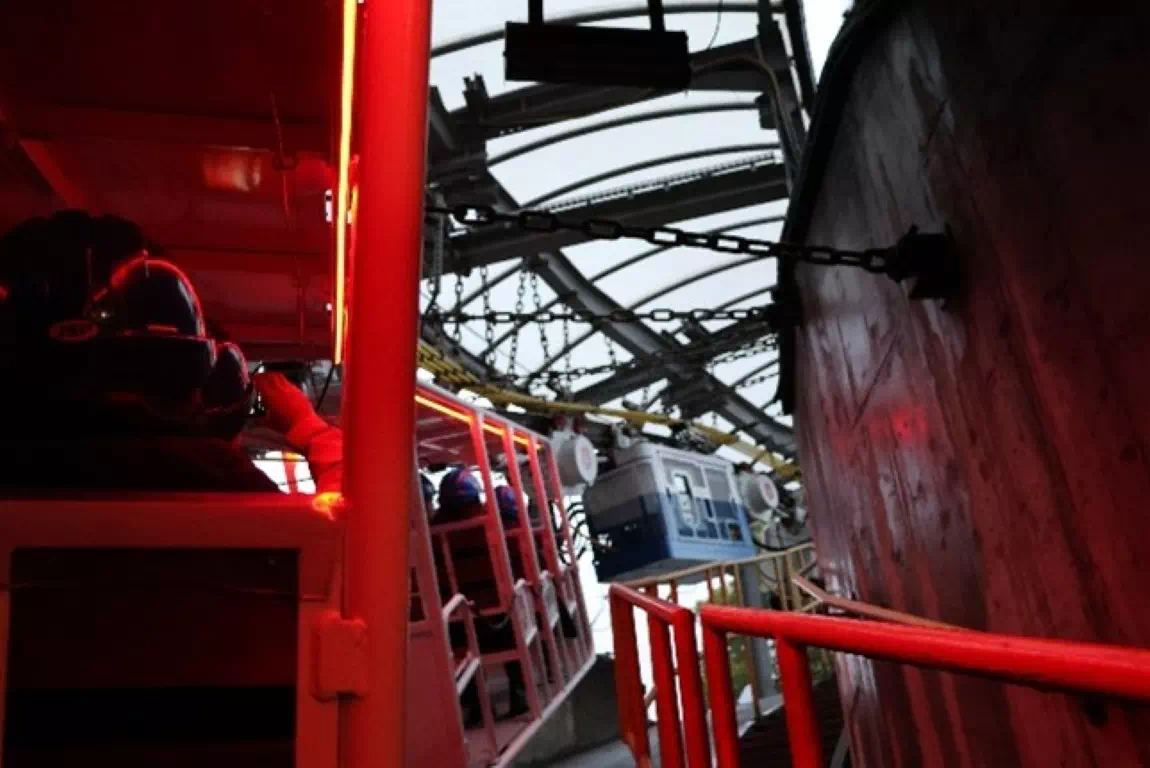
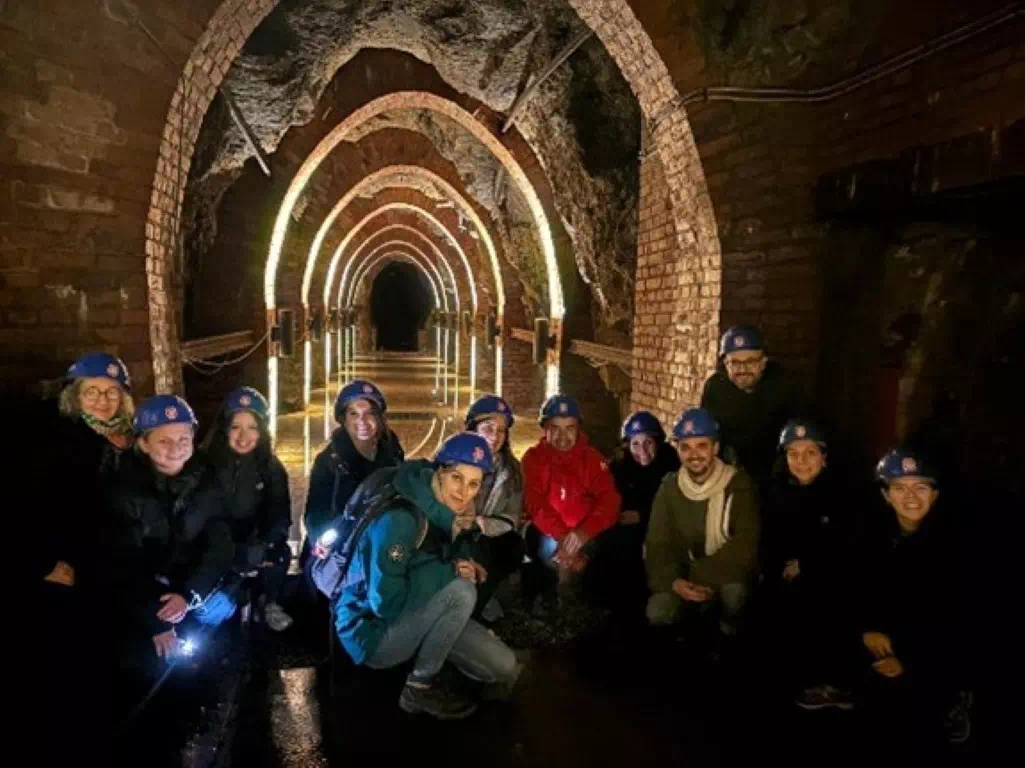
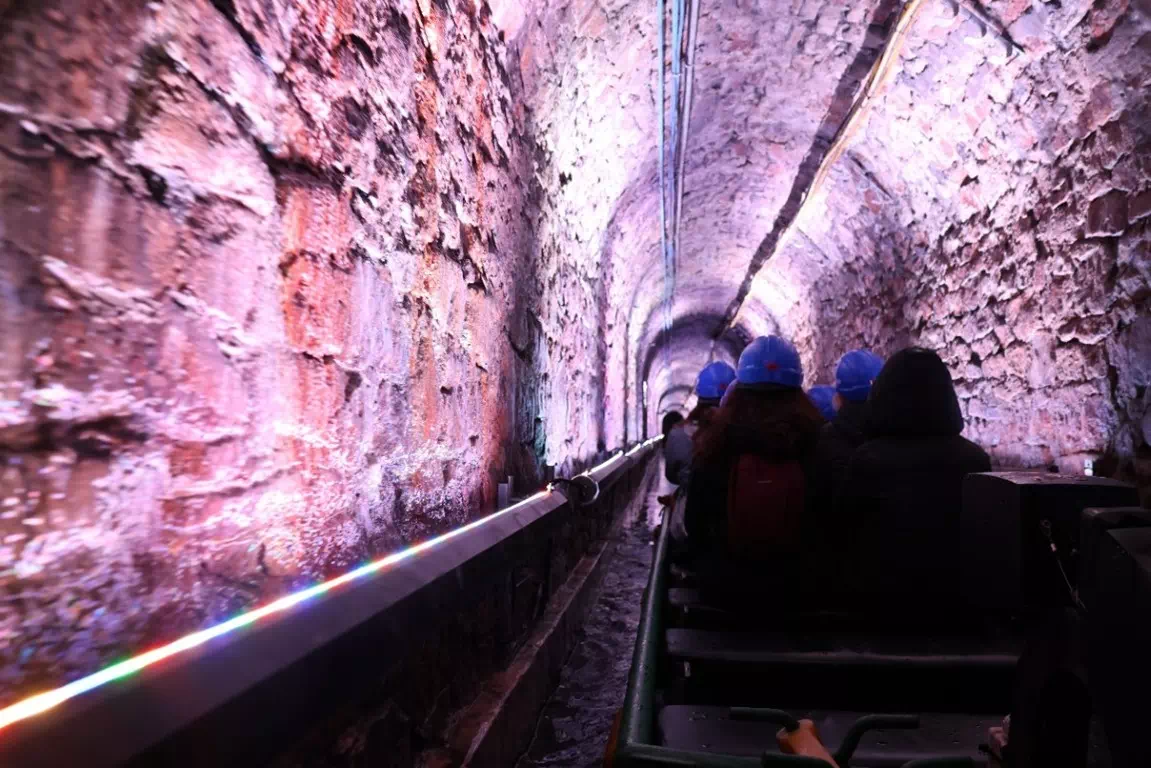
Following the field visits, the consortium devoted two full days to discussions and technical sessions. Partners presented progress across all work packages, shared feedback, and explored synergies between teams. The meeting provided a valuable opportunity to align strategies, identify cross-cutting challenges, and set shared priorities for the upcoming months.
These sessions reinforced the collaborative spirit that drives the EDAPHOS project, ensuring that research on soil health, biodiversity, and sustainable remediation continues to advance in a coordinated and impactful way.
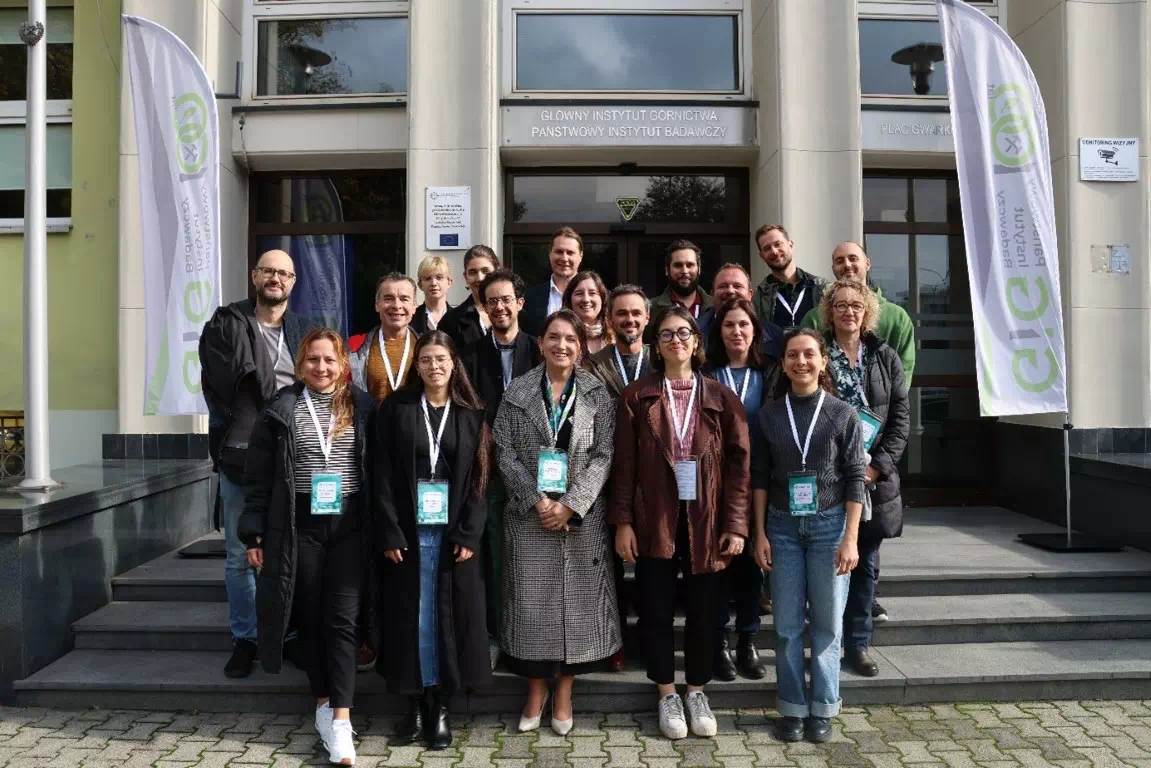
As EDAPHOS enters its third year, partners remain committed to deepening collaboration, refining methodologies, and translating scientific insights into practical solutions for real-world applications. The consortium meeting in Katowice reaffirmed our shared vision: restoring the health of contaminated soils and promoting sustainable land management across Europe.
A heartfelt thank you to our colleagues at GIG for their warm hospitality and excellent organisation throughout these three inspiring days.
